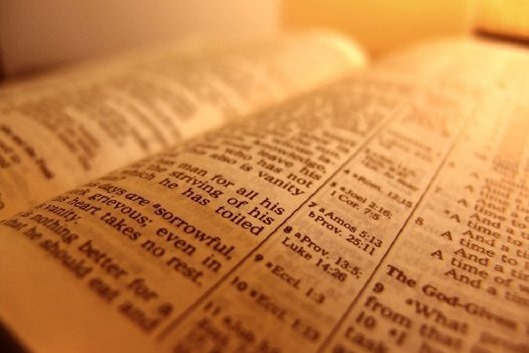The “Biblical Renewal” is one of the most significant movements that has both preceded and followed the Second Vatican Council (1962-1965). After centuries of prohibiting the circulation of the Bible in the vernacular languages and forbidding access to it, the Roman Catholic Church has been working hard to reconnect with the Scriptures. Leo XIII’s encyclical Provvidentissum Deus (1893) defended a high view of the inspiration of the Bible while Pius XII’s encyclical Divino Afflante Spiritu (1943) welcomed historical-critical methods into Catholic exegesis. These two magisterial statements are the tracks within which the present-day Roman Catholic approach to the Bible can be found. A traditional appreciation of the Bible as an inspired book, on the one hand, and a critical reading of it which questions the clarity and finality of Scripture, on the other, are the two poles that open the door for the intervention of the Magisterium for the interpretation of Scripture.
Vatican II’s Dogmatic Constitution Dei Verbum (1965) is the highest authoritative statement on the Bible which combines the two emphases within the framework of a triangular dialectics between Tradition, Scripture and the Magisterium. A summary of Dei Verbum was offered by Pope Benedict XVI in his letter Verbum Domini (2010) in which he writes that the Word of God “precedes and exceeds sacred Scripture, nonetheless Scripture, as inspired by God, contains the divine word” (17). Here we find the classic reference to inspiration, but also the preceding existence of Tradition that envelops the Bible and speaks through the church’s Magisterium. According to Catholic teaching the Bible only “contains” the Word and this difference between Scripture and the Word allows for both critical readings of the Bible and the need for a human authority to discern what it contains and what it doesn’t.
Click here for the remainder of Dr. Leonardo De Chirico’s article:





